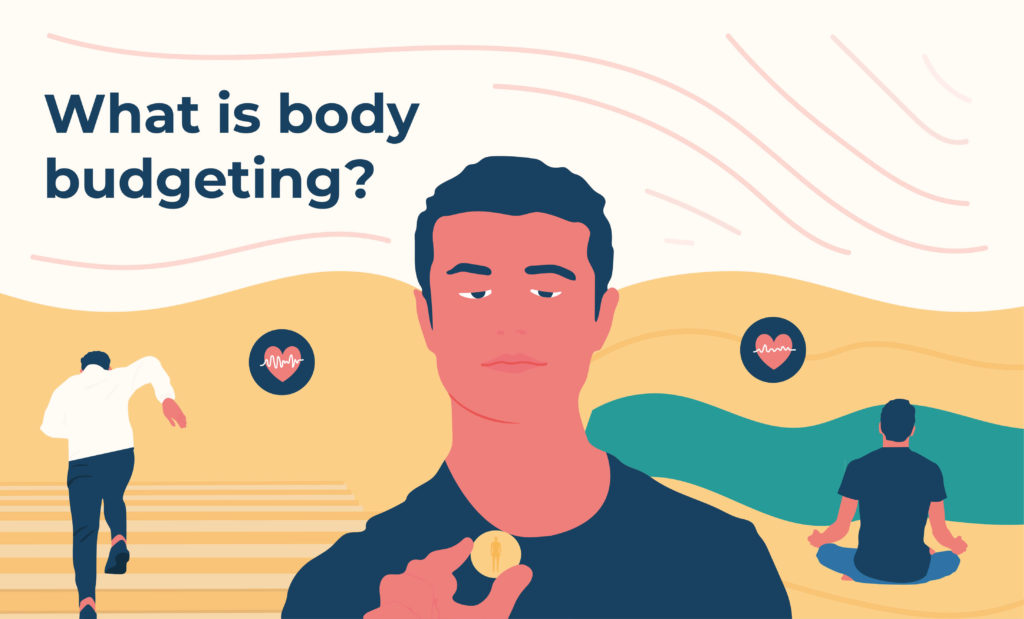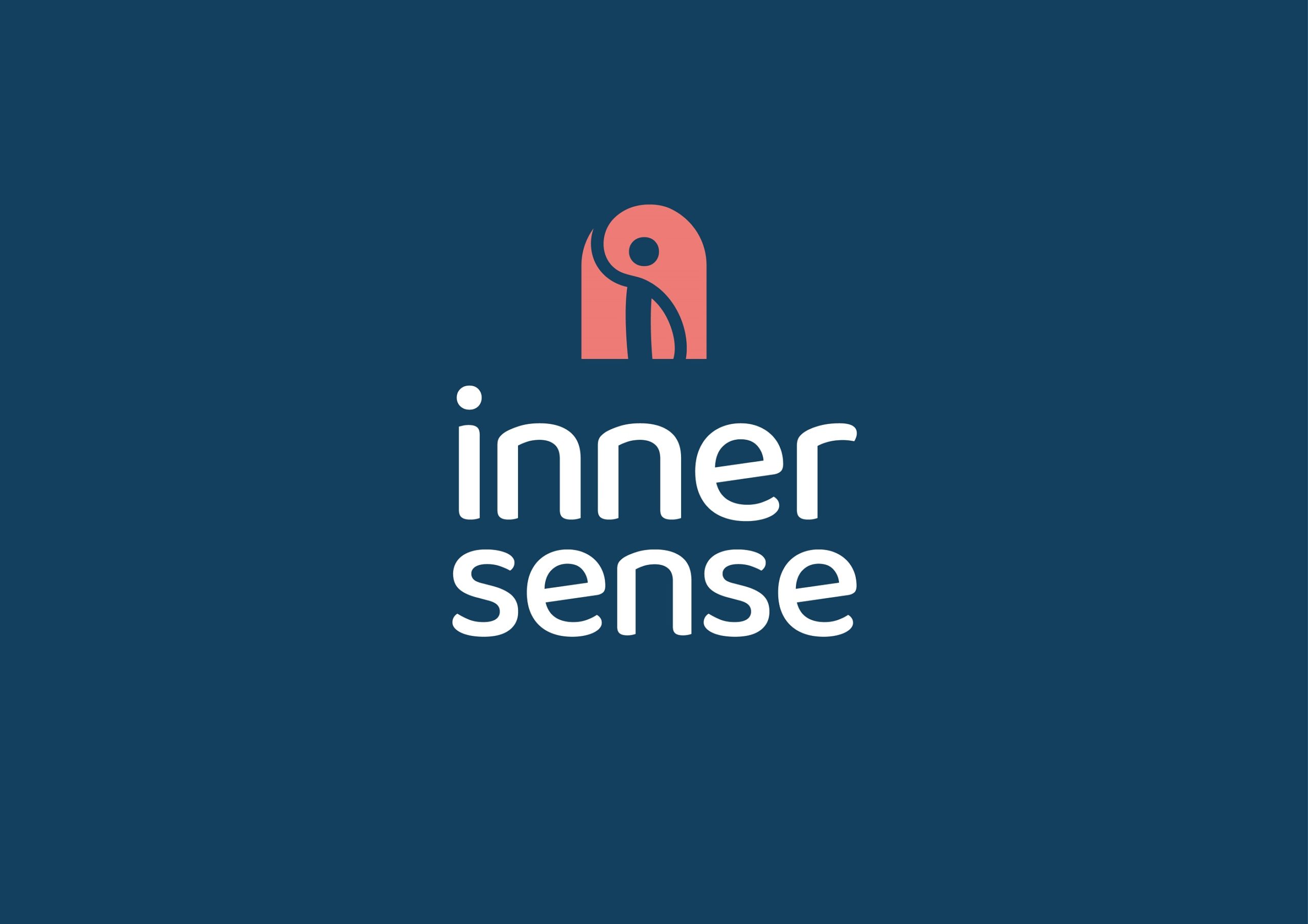Body budgeting is a term coined by Dr Lisa Feldman Barrett to explain a concept called allostasis. For a long time, we’ve thought our brains are designed primarily for us to think. Our intelligence allows us to do lots of wonderful things, like art, cooking and taking part in sports. But allostasis asserts that the brain’s main function is far more basic: running the systems of our bodies to keep us alive and well so we’re able to continue to exist, both individually and as a species.
Viewing the brain in its vital role of helping your body to manage its overall budget is very useful for day-to-day wellbeing. It helps us better appreciate the two-way link between our mind and body so we can take a holistic approach to understanding and improving our physical and mental wellbeing.
What is body budgeting?
So exactly what is body bugeting? To stay alive, our bodies need to expend and receive energy and resources. Body budgeting is an analogy that likens this to a financial forecast. Just like companies have an accounting department that plans for expected expenditure and income, our brains manage our bodies to keep the books balanced.
At every moment, our brains are anticipating our bodies’ needs, deciding where to spend resources. Through a mixture of lifestyle choices and our ability to understand what our bodies are telling us we can help the brain balance our body budgets.
How does body budgeting work?
When the brain senses an adjustment is needed, it uses our memories and experiences to automatically predict how it can fix the gap between where our energy levels are and where they should be. To fill that gap, the brain decides to invest resources where it thinks they’ll be needed, for instance:
- Cortisol is proactively released into our bloodstream when we wake up, giving us a quick shot of energy to get ourselves out of bed
- Our heartrate increases if we’re about to do exercise, in expectation that we’ll soon need more oxygen flowing around the body
- Our digestive functions engage before we’re likely to be eating, ready to start processing food as soon as it arrives in the stomach
For every action that uses a resource, we need to pay the body back with an action that tops up our supply. Movement and learning are our most expensive actions, while eating and sleeping provide us with the most income.
Our bodies can exist in a deficit, but it’s not sustainable
Our modern lives can make it difficult to balance our body budgets:
- Artificial lights, like those from the screens of our very addictive mobile devices, can cause sleep loss
- Highly processed foods, while convenient and often tasty, don’t provide us with the best balance of nutrients in the long run and can disrupt our core metabolic functions
- Unrealistic expectations of how to look and behave promoted through social media and product advertising can create a form of chronic stress that places a high demand on our body budget and may gradually erode wellbeing
- We’re also just very good at ignoring what the brain is telling us, disregarding signals so we can make the most of every last second of the day
Before we know it, we’ve spent too many resources without paying them back, landing us in debt. The body, like real life finances, can run on a deficit; but it’s not sustainable. Being overdrawn too long leaves us vulnerable to disease, mental illness and ultimately untimely death.
To balance the books, we need to invest more resources in our body budgets
To restore the balance of the body budget, it’s imperative that we invest as much as we spend. We should focus on paying the body back with things like:
- Eating a well-rounded diet, high in nutrient-rich whole foods and drinking plenty of hydrating fluids
- Developing supportive relationships with family, friends and colleagues that help soothe our nervous system
- Creating the right routine and environment for us to get enough restful sleep
We can also improve our ability to read the signals our brains send us, a sense called interoception. By tuning in to our inner bodily sensations, such as hunger, thirst and tiredness, we can take appropriate action sooner and ensure we’re keeping our body budgets in the black.
Find out more
For more articles on how to live in easy harmony with your body, please sign up to the Restoring Balance newsletter. And click on the following link to download a free chapter from my book.



